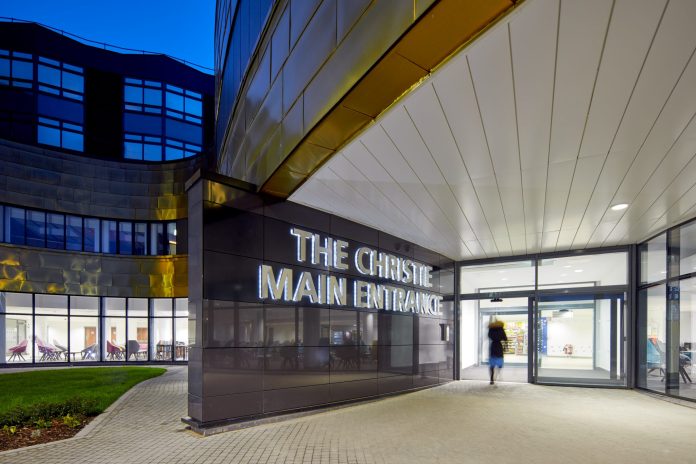Manchester’s Christie Hospital has been down grounded from outstanding to good following an unannounced inspection by the Care Quality Commission earlier this year
The Cancer Care specialist has also had its culture criticised by inspectors who found that staff often felt undervalued
The CQC carried out an unannounced inspection of the acute medical services at the Christie’s main site as part of its continual checks on the safety and quality of healthcare services.
Inspectors also undertook an announced well-led inspection of the overall trust in part due to information of concern received from whistle blowers regarding the culture and leadership of the trust.
Following this inspection, the overall rating for the trust has changed from outstanding to good.
Well-led has dropped from outstanding to requires improvement, and safe has declined from good to requires improvement. Being effective, caring and responsive all remain rated as outstanding.
Acute medical services at the Christie’s main site have changed from outstanding to good. Safe has dropped from good to requires improvement. Being well-led, effective, caring and responsive all remain rated as good.
The Christie NHS Foundation trust provides specialist oncology services. It is the largest single site cancer centre in Europe, treating more than 60,000 people a year.
The trust serves a population of 3.2 million people across Greater Manchester and Cheshire; more than a quarter of people using the trust are referred from elsewhere across the UK.
Ann Ford, CQC’s director of operations in the north, said:
“When we inspected The Christie NHS Foundation Trust, we found most leaders understood the priorities and issues the trust faced and were focused on providing the best care to people. Its vision was to be a leader in cancer care and provide the best experience and a high standard of care to people.
“However, staff didn’t always feel supported and valued, with some telling us they felt they couldn’t raise concerns or weren’t listened to when they did. Although the trust had made some changes to improve the culture, more work needs to be done to address the issues we identified.
“I want to thank the staff who came forward to give feedback, I know speaking up in these circumstances isn’t easy, but it’s important it happens because it helps us understand where organisations may need to turn their attentions to identify and address any issues.
“In medical care, we found staff treated people with compassion and kindness, respected their privacy and dignity and met people’s individual needs. They also provided emotional support to people, families and carers. They advised them on how to lead healthier lives, supported them to make decisions about their care, and made sure they had access to good information. However, they didn’t always carry out risk assessments in a timely manner which potentially put people at risk of harm.
“We did see some outstanding practice at the trust. There was a strong focus on research and innovation to improve outcomes for people with cancer and the trust and everyone involved should be proud of that important work.
“We have told the trust where it needs to make a number of improvements and we will return to check that these have been made and fully embedded.”







